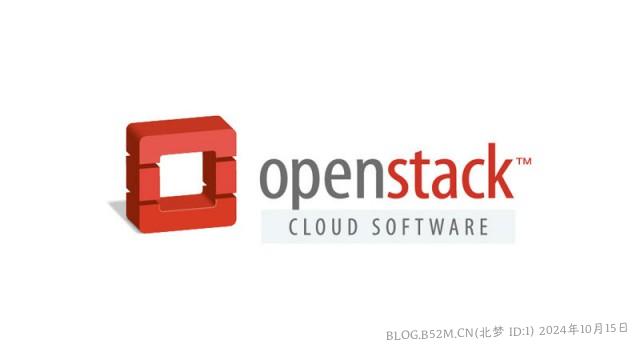reposync
同步yum存储库到本地目录
概要
reposync [选项]主要用途
reposync用于将远程yum存储库同步到本地目录,使用yum检索包。
选项
-h, --help
# 显示帮助信息
-c CONFIG, --config=CONFIG
# 指定配置文件(默认为/etc/yum.conf)
-a ARCH, --arch=ARCH
# 指定arch
--source
# 同时下载src和rpm文件.
-r REPOID, --repoid=REPOID
# 指定要查询的repo id,可以指定多次(默认为全部启用)。
-e CACHEDIR, --cachedir CACHEDIR
# 存储元数据的目录。
-t, --tempcache
# 使用临时目录存储/访问yum-cache。
-d, --delete
# 删除存储库中不再存在的本地包。
-p DESTDIR, --download_path=DESTDIR
# 指定下载路径:默认为当前目录。
--norepopath
# 不要将重命名添加到下载路径中。只能在同步单个存储库时使用(默认是添加重命名)。
-g, --gpgcheck
# 下载后删除GPG签名检查失败的包。如果至少有一个包被删除,退出状态为“1”。
-u, --urls
# 只列出要下载的内容的url,不要下载。
-l, --plugins
# 启用yum插件支持。
-m, --downloadcomps
# 同时下载comps.xml。
--download-metadata
# 下载所有非默认元数据。
-n, --newest-only
# 每个repo只下载最新的包。
-q, --quiet
# 输出尽可能少的信息。
--allow-path-traversal
# 允许同步存储在repo目录之外的包。这些包是在元数据中通过使用绝对路径或上一级“..”系统引用的并且出于安全原因通常会在reposync中跳过。
# 注意:使用此选项有潜在的安全隐患,因为通过提供恶意repodata,攻击者可以使reposync写入任意位置运行该文件系统的用户可以访问的文件系统。例子
# 将'updates'仓库中的所有包同步到当前目录:
reposync --repoid=updates
# 只同步最新的包从'updates'仓库到当前目录:
reposync -n --repoid=updates
# 将'updates'和'extras'仓库中的包同步到当前目录:
reposync --repoid=updates --repoid=extras
# 将'updates'仓库中的所有包同步到repos目录:
reposync -p repos --repoid=updates
# 将'updates'仓库中的所有包同步到repos目录,排除x86_64架构文件。编辑/etc/yum.conf,添加选项exclude=*.x86_64。再执行:
reposync -p repos --repoid=updates文件
reposync使用yum库来检索信息和包。如果没有指定配置文件,将使用默认的yum配置。
- /etc/yum.conf
- /etc/yum/repos.d/
© 版权声明
THE END









暂无评论内容